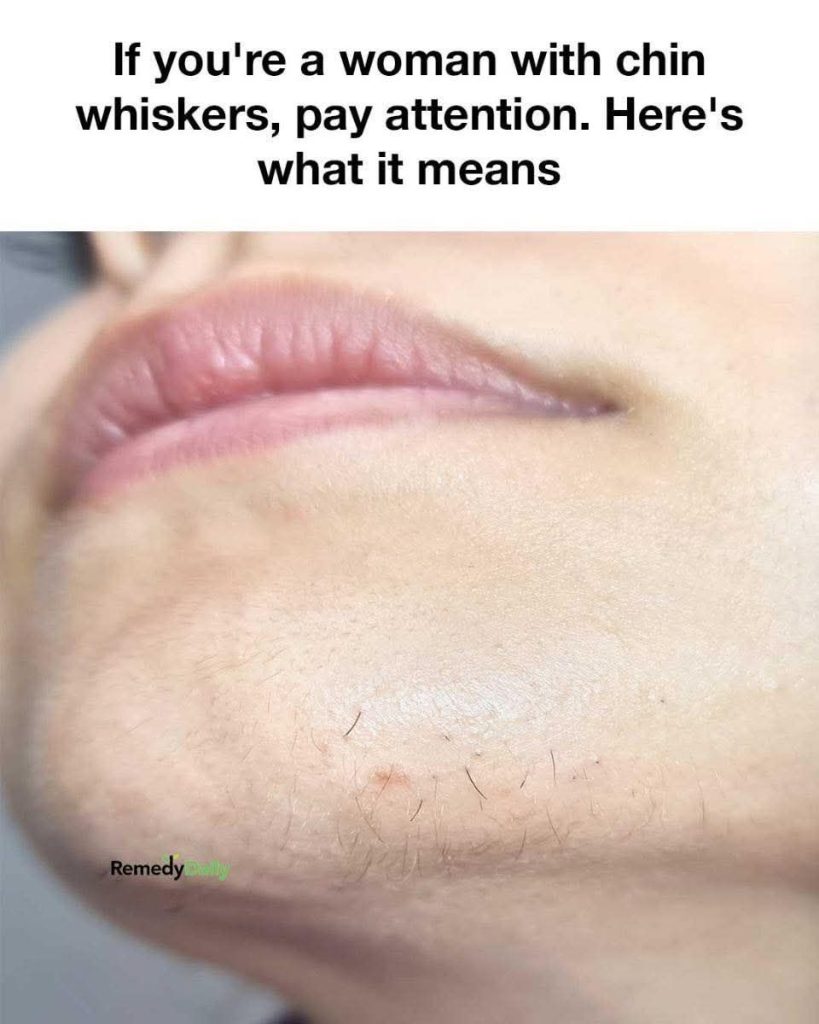
3. Genetics and Ethnicity
In many cases, facial hair patterns are hereditary. Women of Middle Eastern, South Asian, or Mediterranean descent often have more body and facial hair due to genetic traits—not because of an underlying health issue.
✅ Tip: If your mother, aunts, or grandmother had similar hair patterns, this may be perfectly normal for you.
4. Aging and Estrogen Decline
As women enter perimenopause and menopause, estrogen levels drop, and androgens can become more dominant. This hormonal shift can lead to new facial hair growth—even as hair on the scalp may thin.
✅ At-Home Management: Options like tweezing, dermaplaning, waxing, or natural remedies (like turmeric masks) can help you manage growth gently and effectively. Always choose products that match your skin type and sensitivity.
5. When It’s Something More Serious
In rare cases, sudden or excessive chin hair growth could point to a more serious medical condition involving hormone-producing tumors or adrenal gland disorders.
Red Flag Symptoms to Watch For:
-
Rapid onset of coarse facial hair
-
Deepening of the voice
-
Unexplained muscle gain
-
Sudden changes in menstrual cycle
✅ When to Seek Help: If you notice any of these symptoms along with facial hair growth, consult a healthcare provider promptly for testing and diagnosis.
🔍 The Takeaway: Pay Attention to Patterns
A few chin hairs here and there? Totally normal. But if hair growth becomes more frequent, coarse, or comes with other physical changes, it could be your body’s way of signaling an internal imbalance.
The most important thing? Listen to your body. Facial hair doesn’t define your health, but it can be an important clue. When in doubt, talk to a medical professional—and remember, you’re not alone in this.